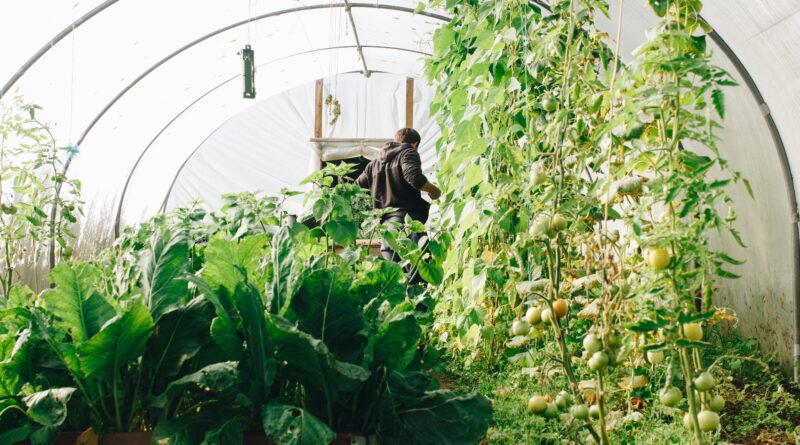Healthy gardening: how to grow your own food and improve your well-being
Table of Contents
ToggleHealthy gardening is not only a rewarding hobby, but also a healthy activity that can benefit your body, mind, and environment. Whether you have a large backyard or a small balcony, you can grow your own fruits, vegetables, herbs, and flowers with some planning, care, and creativity. Here are some tips and benefits of healthy gardening that will inspire you to get your hands dirty and enjoy the fruits of your labor.
Tips for healthy gardening
- Plan your layout. Before you start planting, decide what type of garden you want to create: in-ground, raised bed, container, or vertical. Consider the space, light, and water availability of your chosen location. You can also create a sun chart to determine which areas receive direct sunlight versus partial or full shade. Label your plants with metal tags or paint pens to avoid confusion.
- Test and amend your soil. Soil quality is crucial for healthy plants. You can use a soil test kit to check the pH and nutrient levels of your soil. Based on the results, you can add organic matter such as compost, peat moss, or shredded leaves to improve the texture, aeration, moisture retention, and fertility of your soil.
- Choose the right plants. Select plants that are suitable for your climate, season, and garden conditions. You can also practice companion planting, which involves growing plants that benefit each other in terms of pest control, pollination, or nutrient sharing. For example, you can plant marigolds with tomatoes to repel nematodes, or basil with lettuce to attract bees.
- Keep your tools clean. Dirty tools can spread diseases and pests from one plant to another. To prevent this, you should clean and disinfect your tools regularly with rubbing alcohol or a diluted bleach solution. You should also sharpen your tools to make them more efficient and prevent injuries.
- Water wisely. Water is essential for plant growth, but too much or too little can be harmful. To water wisely, you should follow these guidelines:
- Water in the morning or evening to reduce evaporation.
- Water deeply but infrequently to encourage deep root growth.
- Water at the base of the plant to avoid wetting the leaves and stems.
- Use a mulch layer to conserve moisture and prevent weeds.
- Collect rainwater in barrels or buckets to save water and money.
- Harvest regularly. Harvesting your crops not only provides you with fresh and nutritious food, but also stimulates more production and prevents overgrowth. You should harvest your crops when they are ripe and at their peak flavor. You can also preserve your excess harvest by freezing, drying, canning, or pickling them for later use.
- Protect your plants from pests and diseases. Pests and diseases can ruin your hard work and reduce your yield. To protect your plants from these threats, you should follow these steps:
- Inspect your plants regularly for signs of damage or infection.
- Remove any diseased or infested plants or parts as soon as possible.
- Use natural or organic methods of pest control such as traps, barriers, or beneficial insects.
- Rotate your crops every year to prevent soil-borne diseases and nutrient depletion.
- Avoid planting the same family of plants in the same spot for more than three years.
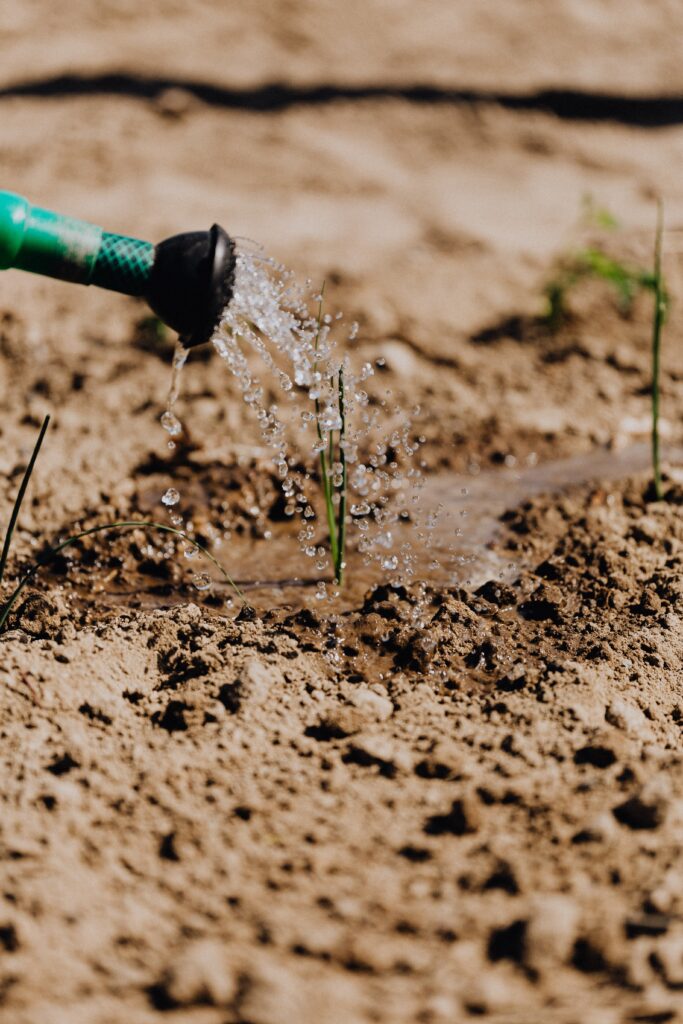
Benefits of healthy gardening
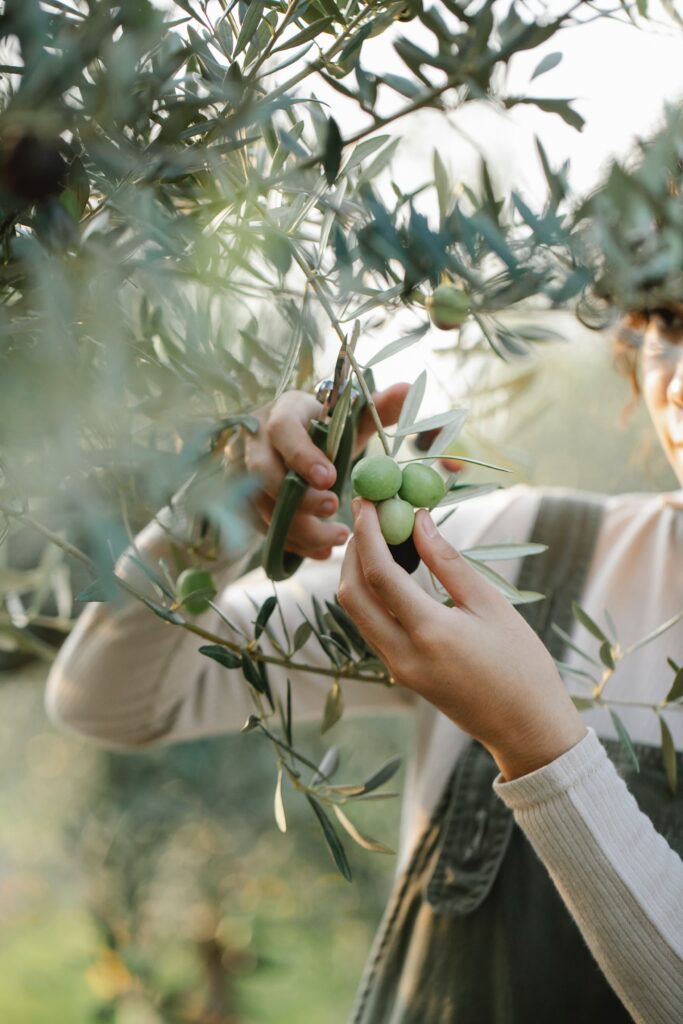
- Physical health: Gardening is a form of exercise that can help you burn calories, build strength, improve flexibility, and lower blood pressure. Gardening also exposes you to sunlight, which helps your body produce vitamin D5. Vitamin D is essential for bone health, immune system function, and mood regulation. Gardening also provides you with fresh and organic food that is rich in vitamins, minerals, antioxidants, and fiber. Eating more fruits and vegetables can lower your risk of chronic diseases such as diabetes, heart disease, stroke, and some cancers.

- Mental health: Gardening is a great way to relieve stress, improve mood, boost self-esteem, and enhance cognitive function. Gardening can also foster social connections by allowing you to share your produce with others or join a community garden. Gardening can also help you cope with eco-anxiety by giving you a sense of control over your environment and a positive impact on the planet.
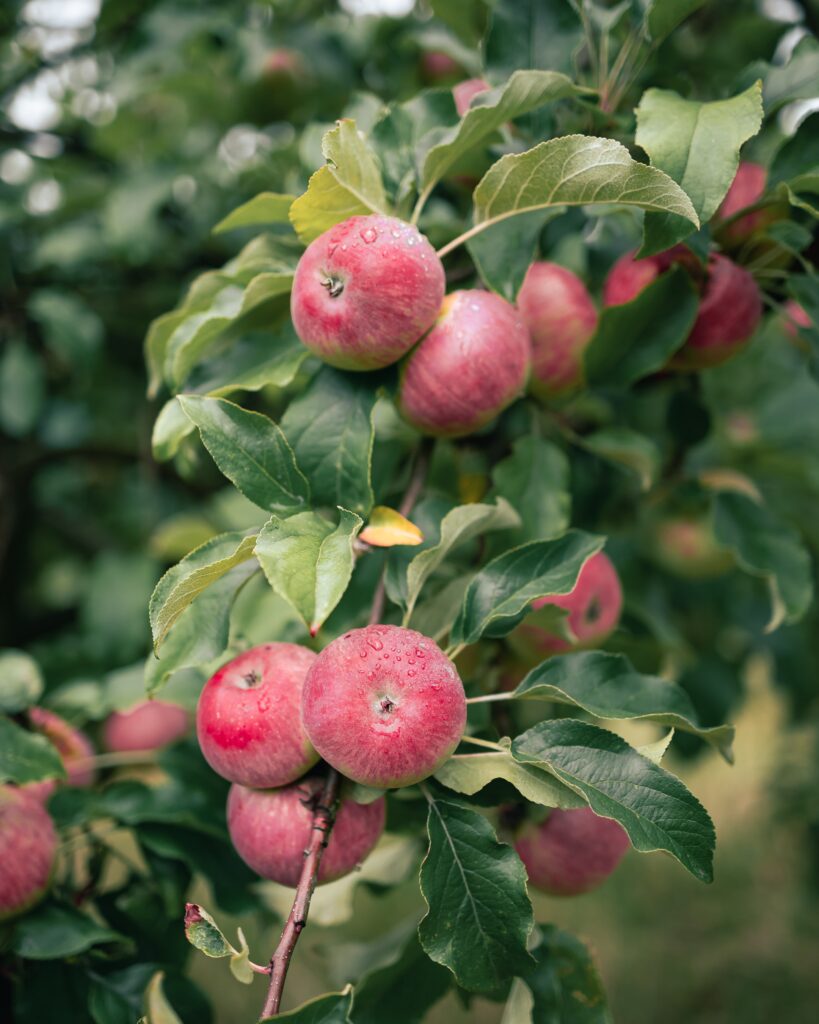
- Environmental health. Gardening can help you reduce your environmental footprint by saving water, energy, and resources that are used in conventional agriculture. Gardening can also help you create a habitat for wildlife such as birds, bees, butterflies, and worms by providing them with food, shelter, and water. Gardening can also improve the quality of the air, soil, and water by absorbing carbon dioxide, preventing erosion, and filtering pollutants.
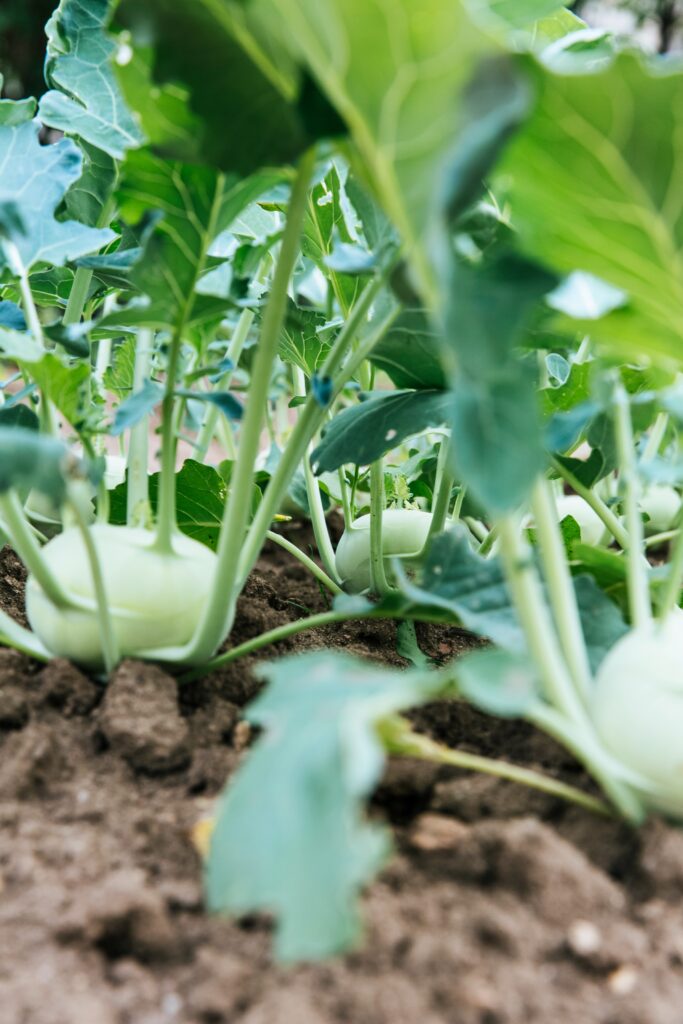
Healthy gardening is a rewarding and beneficial activity that can improve your physical, mental, and environmental health. By following some simple tips and guidelines, you can create a beautiful and productive garden that will provide you with food, joy, and satisfaction. Happy gardening!

